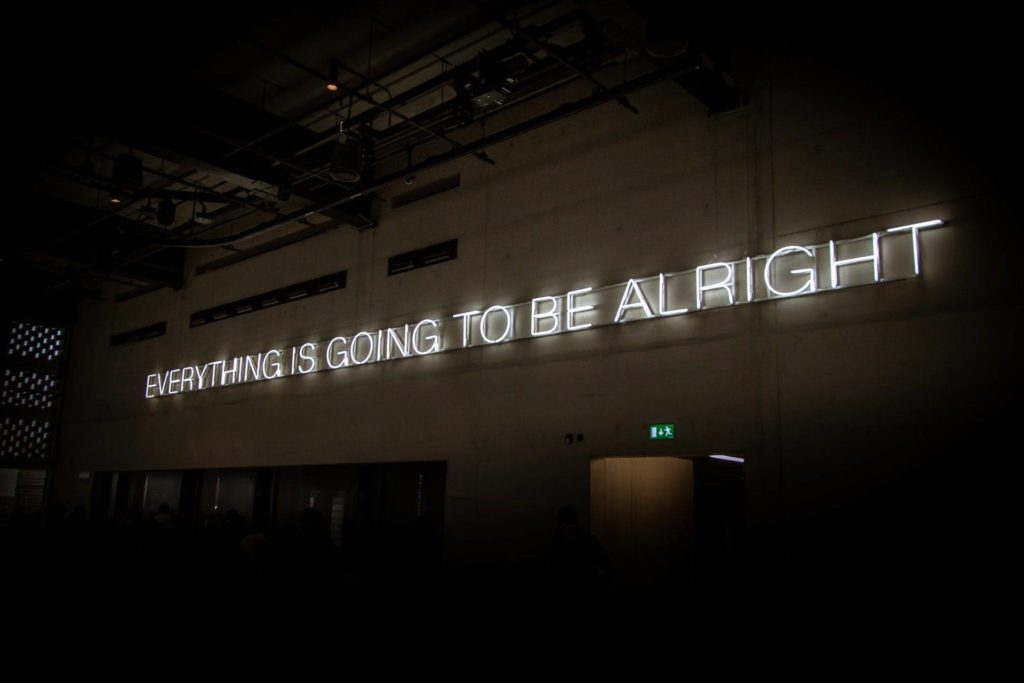When it comes to motivation, creativity or the changing nature of work, one of my favourite authors is Daniel Pink. A few months ago, I reviewed Dan’s latest book, Drive: The Surprising Truth About What Motivates us, and its applicability to public speaking.
Today I want to return to Drive and a neat two-minute promotion video for the book in which Dan raises two questions that could change your life. Now I’m not necessarily trying to get you to change your life; however, I hope that this post can help you change the effectiveness of your presentations. (For the better!)
Whenever we present, there are always many questions that we have to ask: Who is the audience? What is the topic? What is the format? How much time do I have? Where is the venue? And so on, and so forth.
However, once we have answered these questions and are sitting down to prepare the presentation itself, we need to ask ourselves what I consider to be the two fundamental questions for every public speaker:
- What is my key message?
- Why should the audience care?
A speaker who answers these questions before preparing the presentation will almost certainly do a better job than the speaker who doesn’t. In this post, I want to focus on the first of these questions.
Enter Dan’s video.
Dan encourages us to describe our lives and who we are in a single sentence, and then use that sentence to navigate our lives accordingly. It’s a pretty provocative idea. What would your sentence be? Have a look:
[vimeo http://vimeo.com/8480171 w=500&h=400]
When it comes to presentations we should do the same thing. I try to distill every presentation that I do down to a single sentence. Two at most. I imagine that I only have 15 seconds to give my message to the audience. What would I say?
Here’s an example. One of my regular speaking engagements is a course on public speaking and presentation skills for the Executive MBA Programme at the University of Lausanne. The timetable for the EMBA Programme is such that I teach my course on two non-consecutive Saturdays (one full day workshop and one day of student presentations and feedback).
What would be my sentence for the course? Well, given that it is a two-day exercise, I have allowed myself two sentences. Decadent of me, I know, but here they are:
Good public speakers prepare thoroughly, keep their messages simple, tell stories and connect with their audiences. With practice, anyone can become a better, more confident, public speaker.
Of course there is more to it than that. But if my students were to forget everything else, I would want them to remember that that ability to speak well in public is something that is within reach of everyone, and that preparation, simplicity, storytelling and connection with one’s audience are the touchstones of great public speaking.
Distilling your presentations into a single sentence or two will help keep you on the right track and ensure that your words, stories, statistics, pictures, props, etc. support, rather than detract from, your message. The next time you give a speech or presentation, ask yourself “What’s my key message?” or, if you prefer, “What’s my sentence?”

















3 Replies to “What's Your Sentence?”
Good stuff, John.
‘The Sentence’ really makes a person laser focus on the subject at hand, doesn’t it?
Clean, simple and to the point. So much of good presentations depends upon this and so many speakers think using words no one knows and talking about themselves and going off message impresses people.
They need to read your Posts!
Thanks!
Thank you, Fred. The funny (maddening) thing is that forming good public speaking habits is not rocket science. Yes, it takes time; yes it takes practice; but at the end of the day, it is just common sense. Then again, didn’t Mark Twain once say that common sense isn’t so common?
Cheers!
John
Inspiring Communication for Leaders and Teams. 😉